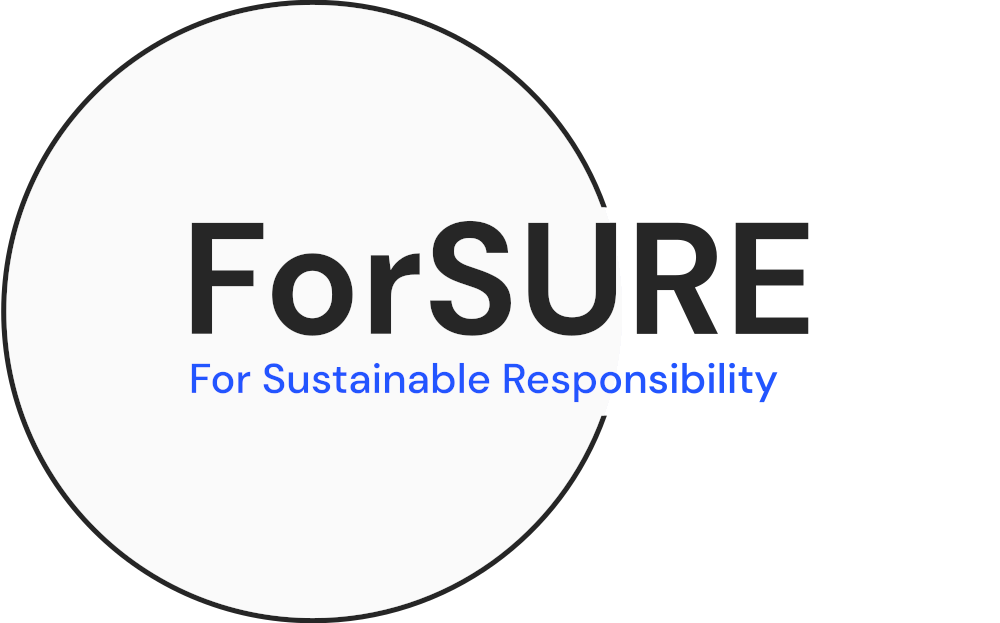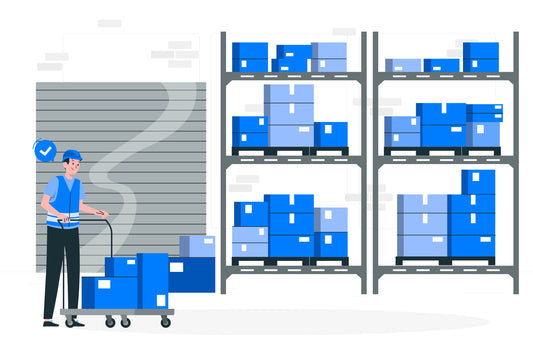In today's fast-paced digital world, businesses are constantly seeking innovative solutions to streamline their operations and ensure compliance with ever-evolving regulations. One such area that has witnessed significant transformation is Extended Producer Responsibility (EPR) reporting. As the emphasis on sustainability and waste reduction grows, EPR reporting has evolved to become more efficient, accurate, and compliant. Let's delve into the world of EPR reporting and explore its significance in the modern business landscape.
The Essence of EPR Reporting
EPR is an environmental policy that places the responsibility on manufacturers to manage the lifecycle of their products, from production to end-of-life. This means that if you produce a product, you are accountable for its entire lifecycle, including its environmental impact. With the increasing emphasis on sustainability and waste reduction, EPR reporting has become crucial for businesses. Especially for manufacturers, importers, and retailers whose products end up as waste, understanding and adhering to EPR regulations is paramount. This ensures not only environmental protection but also positions these businesses as responsible and forward-thinking entities in the eyes of consumers and stakeholders.
The Digital Shift in EPR Reporting
Gone are the days when businesses relied on manual methods for EPR reporting. With the advent of digital solutions, the entire process has been automated, ensuring accuracy, efficiency, and timely compliance. Tools like ForSURE, described as the "digital accountant for EPR reporting," assist businesses in data collection and ensure they remain compliant with regulations. It's a comprehensive solution that aligns with EU regulations and is adaptable to various data structures, making it a versatile tool for businesses of all sizes. This digital shift not only streamlines the reporting process but also provides businesses with actionable insights to further enhance their sustainability initiatives.
EPR Reporting Software: A Game-Changer for Businesses
ForSURE is not just another software solution; it's a game-changer for businesses aiming for seamless EPR compliance. It's designed to fit effortlessly with any company's data structure and can be customized to meet specific business needs. With ForSURE, businesses can fulfill their sustainability responsibilities with just a few clicks, ensuring they remain aligned with regulations and contribute positively to the environment. Moreover, by leveraging the power of ForSURE, businesses can also gain a competitive edge, showcasing their commitment to sustainability and responsible practices.
The Future of EPR Reporting
With EPR Reporting Software leading the way, the future of EPR reporting looks promising. As regulations evolve and the emphasis on sustainability grows, businesses will need robust solutions to stay ahead of the curve. Automated EPR reporting solutions will play a pivotal role in shaping the future, ensuring businesses remain compliant while also contributing to a sustainable future. The integration of advanced technologies like AI and machine learning will further refine the reporting process, offering predictive insights and real-time data analysis.
In conclusion, EPR reporting has undergone a significant transformation, and with EPR Reporting Software, it's set to reach new heights. For businesses looking to stay compliant and contribute to a sustainable future, embracing digital solutions is the way forward. For more insights on EPR and its implications, consider checking out the Organisation for Economic Co-operation and Development (OECD), a non-profit organization offering a wealth of information on the subject.




